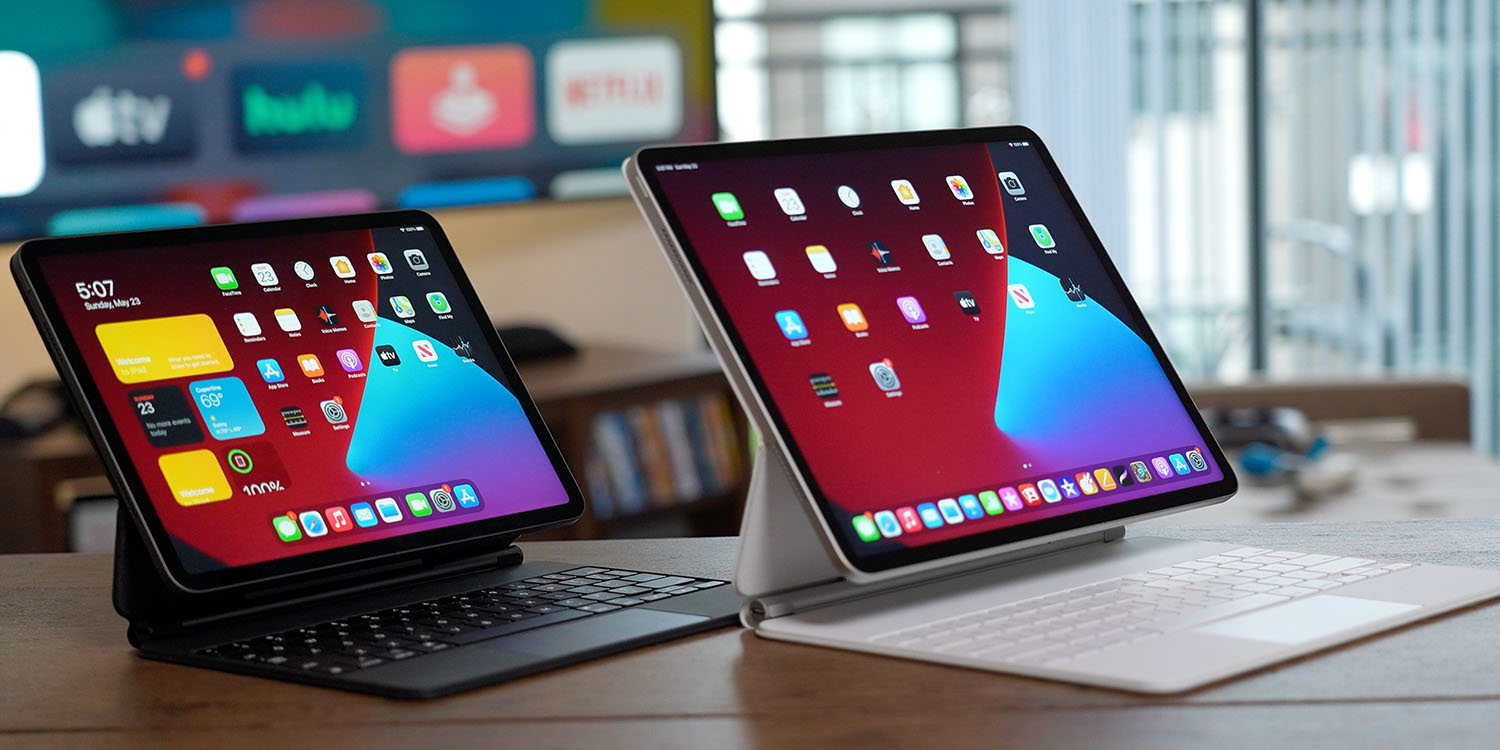
The Shanghai COVID-19 lockdowns have caused massive disruption to Apple’s supply chain in China, and the company has reportedly responded by moving some iPad production to Vietnam – the first time it has ever done so.
Apple suppliers have also been asked to stockpile components in readiness for any further supply chain disruption, which is causing concern for some …
Shanghai COVID-19 lockdowns
The global chip shortage was already creating issues for Apple as, despite designing and commissioning its own processors, it still relies on mundane chips like display drivers and power management chips. It is these types of chips that have been hardest hit.
But things were made very much worse due to China’s approach to the pandemic. While most countries have accepted we’ll need to live with COVID-19 to a greater or lesser extent, China decided on a policy of total eradication. The government responded to even a handful of cases with city-scale lockdowns (though now appears to be softening its approach somewhat, acknowledging a need to balance infection-control with economic realities).
Shanghai – a major manufacturing center for Apple and other tech companies – was particularly badly hit. iPhone 14 production prep is already said to be three weeks behind schedule, with the iPhone 14 Max singled out.
Some iPad production moved to Vietnam
Nikkei Asia reports.
For the first time ever Apple is moving some iPad production out of China and shifting it to Vietnam after strict COVID lockdowns in and around Shanghai led to months of supply chain disruptions, Nikkei Asia has learned […]
China’s BYD, one of the leading iPad assemblers, has helped Apple build production lines in Vietnam and could soon start to produce a small number of the iconic tablets there, people with knowledge of the matter said.
Apple already has AirPods made in Vietnam, and is also preparing for iPad production in India.
Suppliers asked to stockpile components
A lot of today’s tech manufacturing happens on a Just In Time (JIT) basis, where components arrive when they are needed, and not before. This is cost-effective, as it avoids the need for storage and shifting things around within a plant, but the risks of JIT have been highlighted by the pandemic.
The site reports that Apple has now asked suppliers to build up sufficient stocks of components to cope with future shutdowns of up to two months.
To further guard against supply chain disruptions, Apple has also asked suppliers to build up additional supplies of components such as printed circuit boards and mechanical and electronics parts, especially those made in and around Shanghai, where COVID-related restrictions led to shortages and logistic delays. In addition, the company has asked suppliers to move quickly to secure supplies of some chips, especially power-related ones, for the upcoming iPhones.
In particular, Apple is asking suppliers outside of the lockdown-affected areas to help build up a couple of months’ worth of component supplies to ensure supply continuity over the next few months. The requests apply to all of Apple’s product lines — iPhones, iPads, AirPods and MacBooks — sources said.
However, suppliers are said to be concerned that Apple is handing off all the risk to them.
It would be risky for any tech supplier to fully comply with Apple’s request, considering there are signs of slowing demand for consumer electronics amid looming inflation and rising energy costs, sources said. If Apple does not end up using the extra components, the suppliers could be left holding the bag.
Apple frequently uses its size and clout to impose tough conditions on suppliers, so it would not be out of character for the company to ask them to spend money without any guarantees that it will be recouped. This is a particular risk given that Apple has multiple suppliers for most components, so companies could be left on the hook if the Cupertino giant is able to negotiate better prices than were paid for stockpiled items.
Photo: Daniel Romero/Unsplash
FTC: We use income earning auto affiliate links. More.






Comments